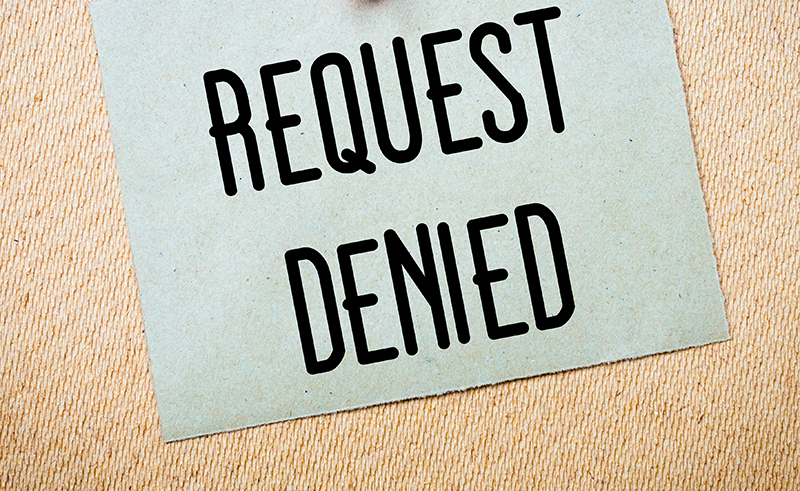What to do if my Innocent Spouse Relief Request is denied?
March, 31 2021 by Cheryl A.P. Patterson, EA, MSFS
Imagine receiving a bill from the IRS stating you owe tax on income you knew nothing about – income for which you suspect your spouse may be solely responsible. You respond by filing Form 8857 – an application for innocent spouse relief. After months of waiting for a decision from the IRS, you receive a response – and they deny your request.
So – what now? Do you have other options? What if you do not have resources to pay the additional tax that may not have been yours to begin with?
Keep in mind that a claim could be denied for any number of reasons, even a simple one, such as a missing signature or date, submitting an incorrect or incomplete application, or incomplete or missing supporting documentation.
Depending on your circumstances, you may have a right to appeal the decision. If you are the spouse who requested relief (known as the requesting spouse) and the IRS made a preliminary decision denying or only partially allowing your request, you may appeal the decision by filing Form 12509, Statement of Disagreement, within thirty days of receiving the preliminary determination letter from the IRS. If, upon appeal, the IRS partially or completely disallows the requesting spouse’s innocent spouse relief request, they may file a petition with Tax Court. Generally, a Tax Court petition is filed within ninety days from the date the IRS mails the final determination notice. (You will know it is the final determination notice because the IRS sends this notice certified or via registered mail.)
What if the requesting spouse already paid the tax liability and now wants to request innocent spouse relief?
Thankfully, they are not out of luck. If the entire tax due was paid in full, the requesting spouse may file a refund claim with the IRS by filling out Form 843, Claim for Refund and Request for Abatement. If the IRS denies the claim for refund, then the requesting spouse may file a refund lawsuit in Federal District Court or the Court of Federal Claims. It is important to remember that not all types of innocent spouse relief may request a claim for refund. If the requesting spouse was granted separate liability relief, they cannot submit a claim for refund for tax already paid. For more information on the types of innocent spouse relief available, please review the blog written by Richard Manies, MBA, EA, titled “What is IRS innocent spouse relief from taxes? How does it work?”
If all your appeals have been exhausted and the Tax Court denied your request, there are options to pay the tax due over time or (depending on your financial status) being placed in a non-collectible status. You may also qualify for an Offer in Compromise. (More information about Offers in Compromise can be found here.)
However, if you’re tired of trying to tackle these IRS issues on your own, contact us, instead! We have a team of experts that are ready to guide you with the best approach to your unique situation, no matter what that may be. Please click here for more information.





